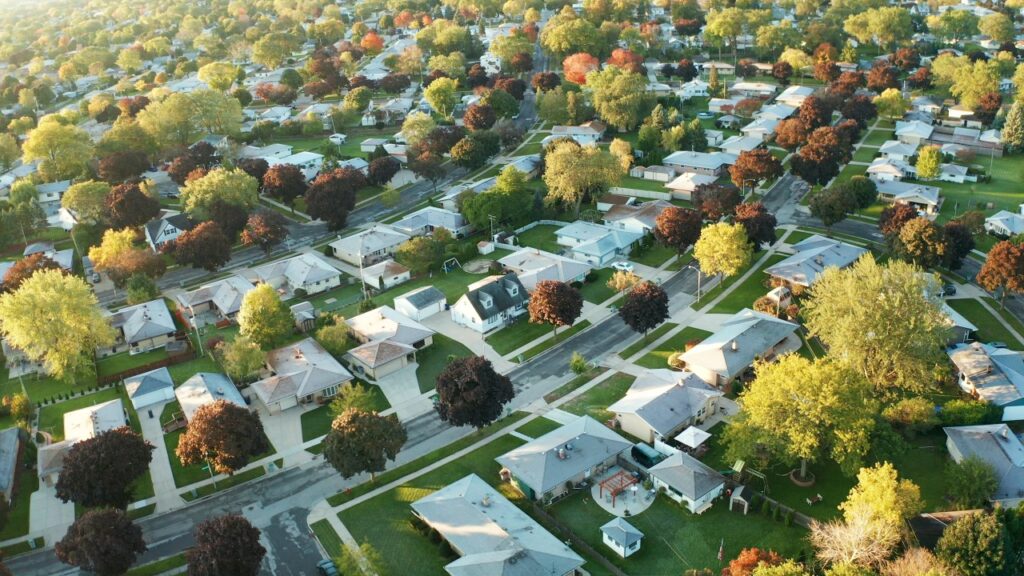MONTGOMERY COUNTY, Va. (WRIC) — Virginia Tech researchers have found a link between voter behavior in presidential elections and housing market performance.
Sherwood Clements, associate professor of real estate at Pamplin College of Business, started with the theory that the performance of residential real estate can influence the behavior and outcomes of individual voters.
“Based on this hypothesis, we reasoned that homeowners would be more supportive of policies and politicians that they believed would be beneficial to their property values,” a university spokesperson said. Stated.
Clements called this the “home voter” effect. The term was first coined in 2001 by William Fischel, a professor at Dartmouth College.
Along with his co-authors, he We looked at 30 years of data. Using the Federal Housing Administration's housing price index, we evaluated the impact of county-level housing market performance on presidential election voter behavior, and found that the performance of the U.S. residential real estate market influenced presidential election voter behavior. It turns out.
A university spokesperson said Clements' research showed that counties that performed well in home prices in the four years before the election were more likely to “shift votes” to the incumbent party, while He said the evidence shows that counties that perform poorly are more likely to do so. Switch your vote from the incumbent to the opposition party.
“Simply put, if real estate is doing well, the county is more likely to switch to the incumbent and less likely to switch to the challenger,” Clements said.
The relationship is strongest in the years immediately preceding elections and in counties that rank in the top quartile for home price performance, according to the study.


